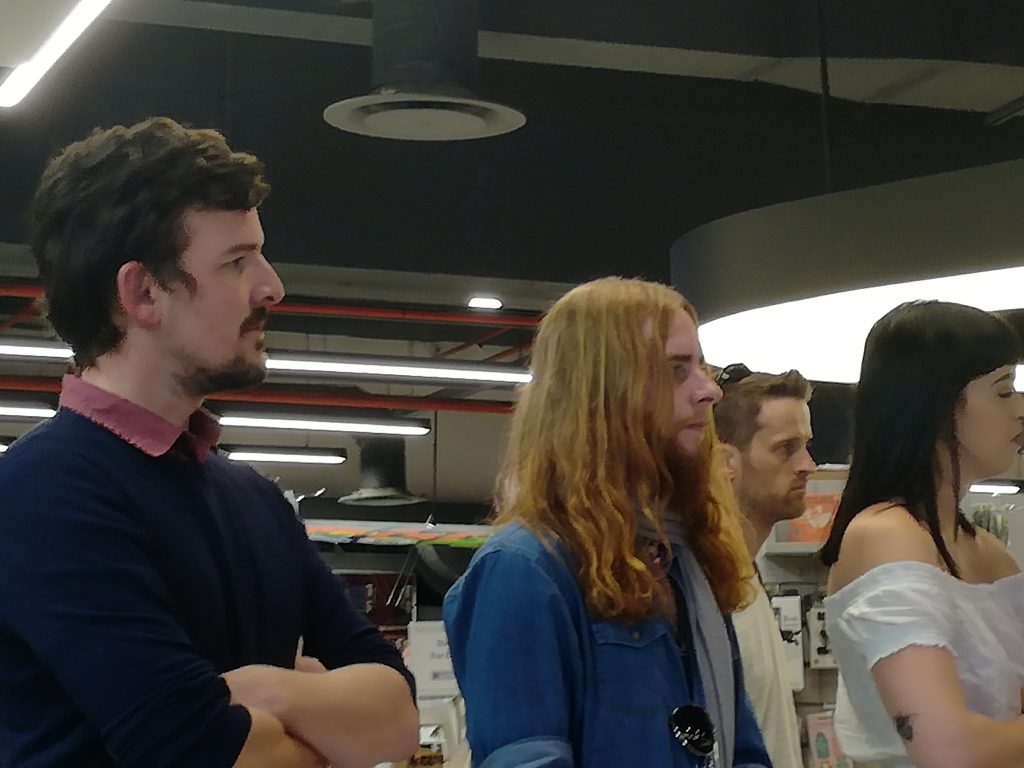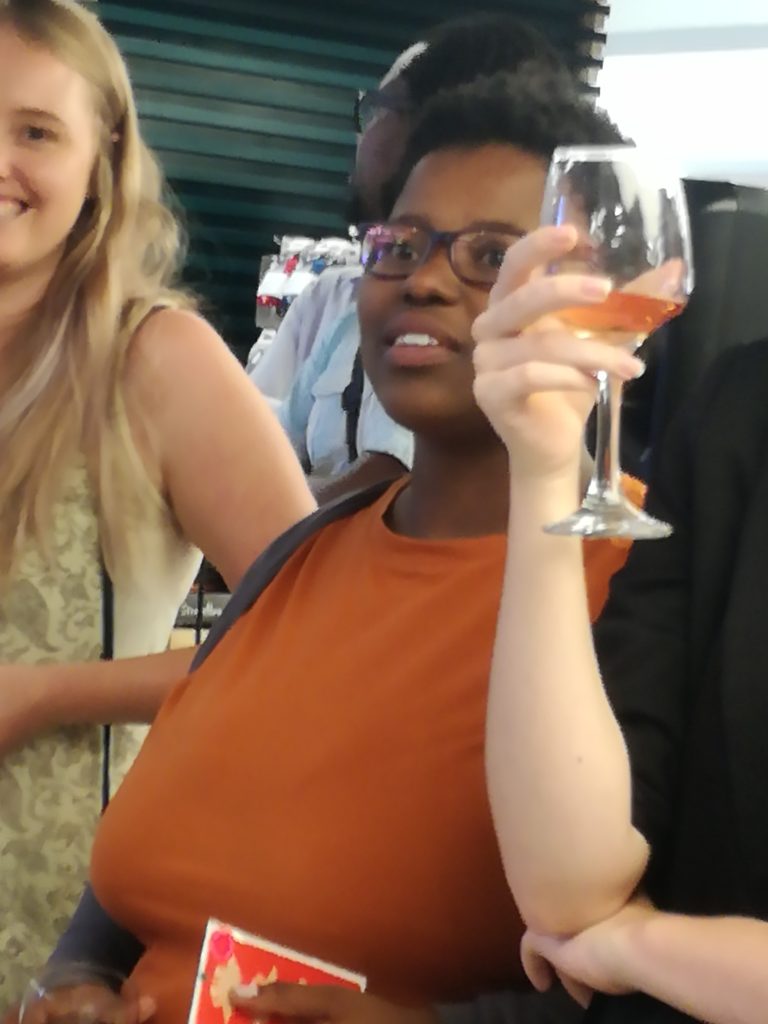The English Department celebrates its Chair’s new poetry collection titled Otherwise Occupied (Dryad Press), launched at Exclusive Books in Cavendish on the 10th April. Sally-Ann Murray’s poetry is described as serious, playful and outrageous. According to the publishers, “Murray draws inspiration from contemporary women’s experimental poetics, inflecting poetry’s familiar inner speech with the sounds and shapes of found materials and engaging cultural noise. In Otherwise Occupied, the poem becomes otherwise under innovative necessity and performative exploration .” These inflections were further explored in a conversation with the poet and critic Joan Hambidge.
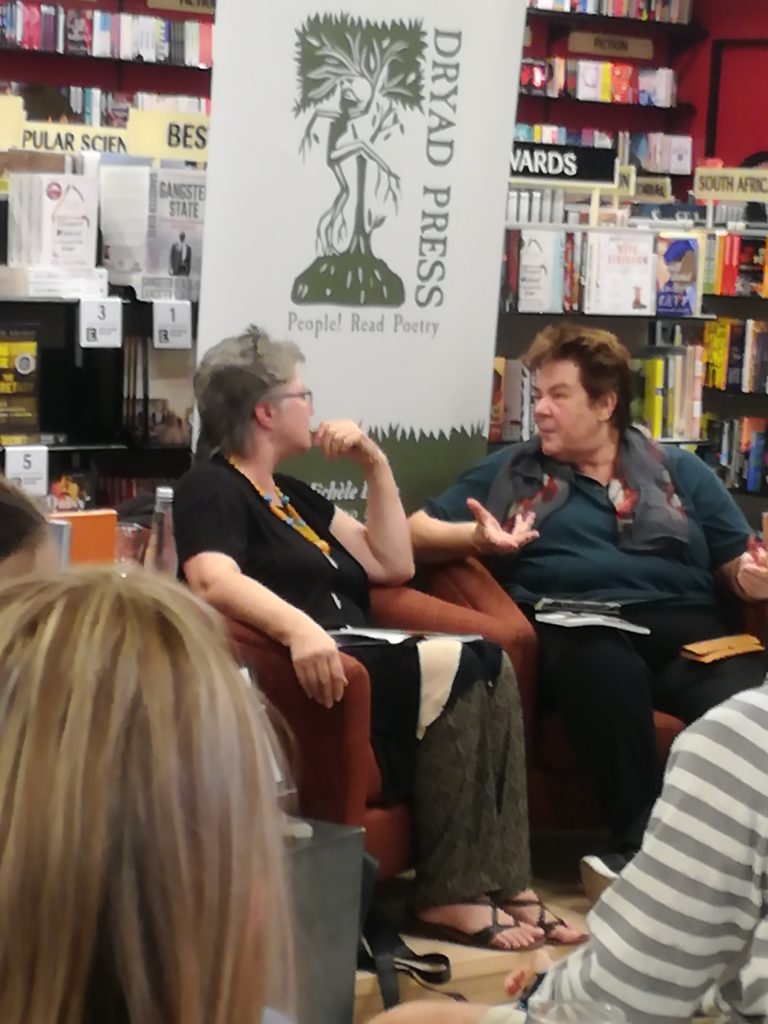
Sally-Ann Murray in conversation with Joan Hambidge 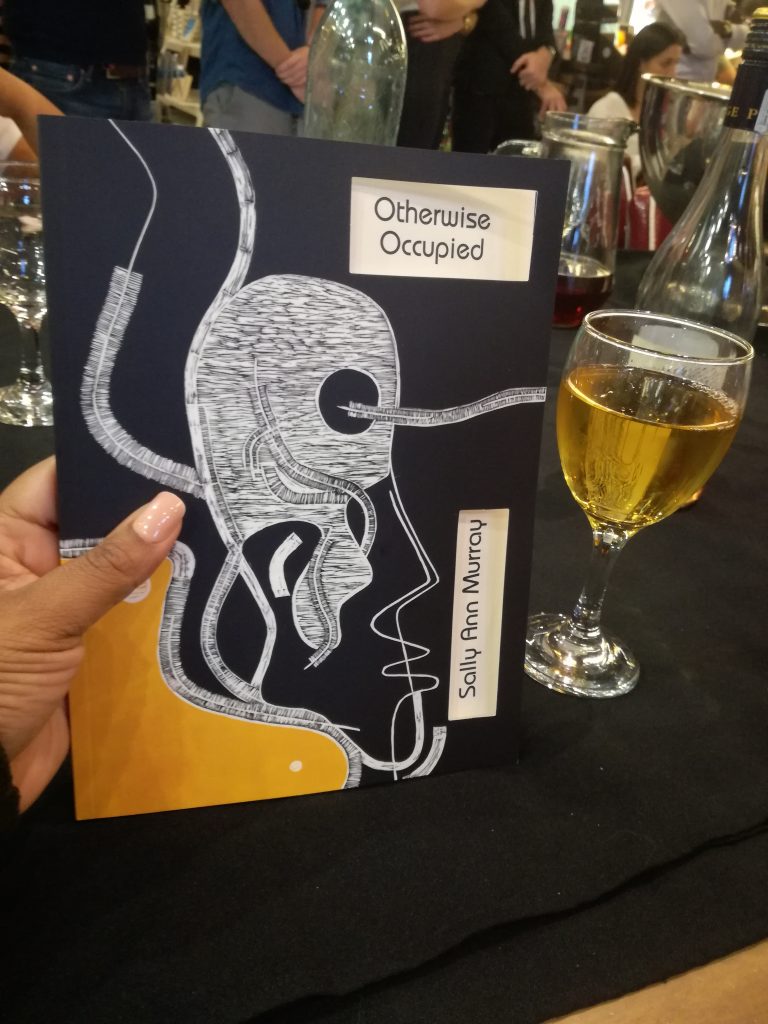
Otherwise Occupied 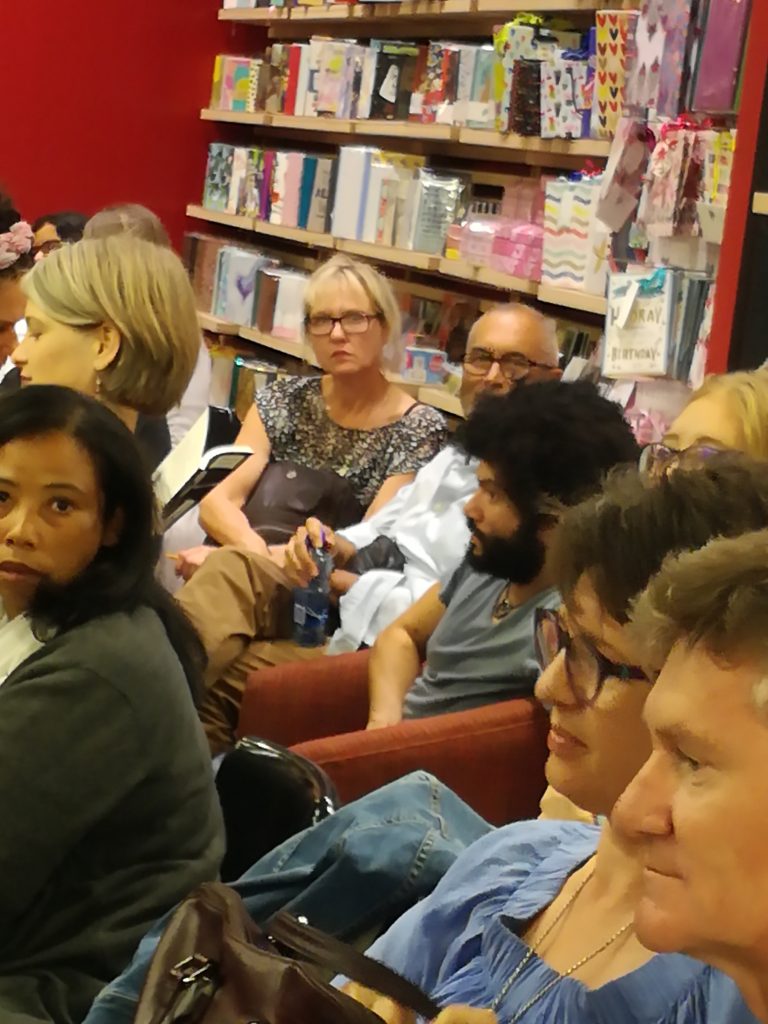
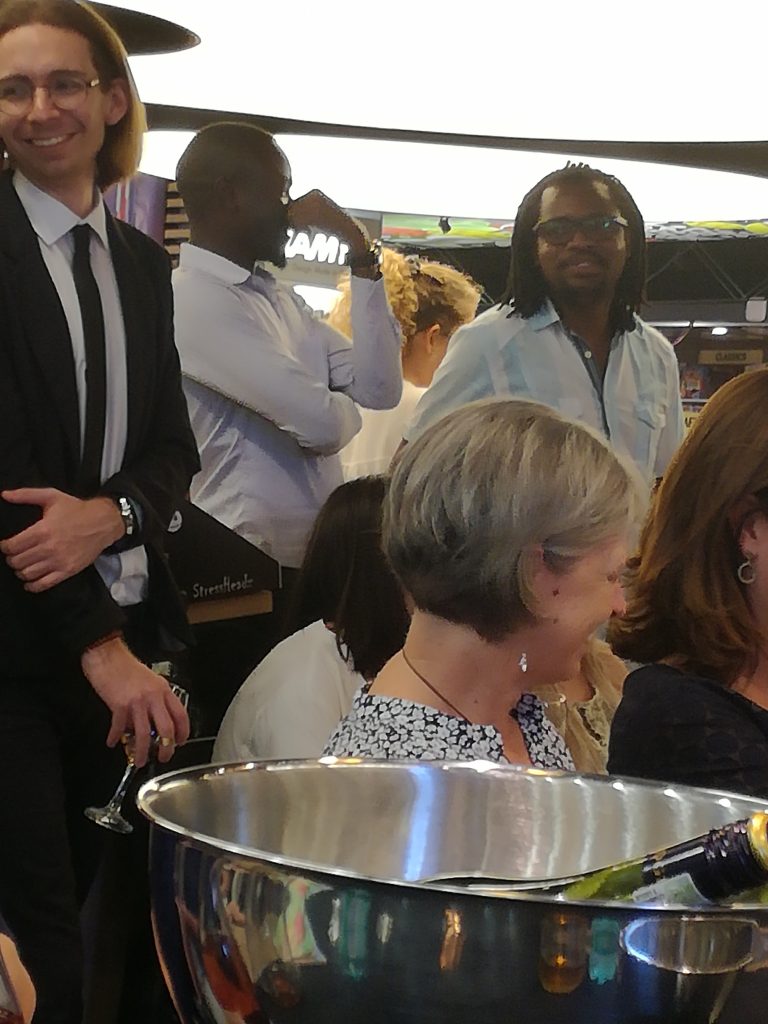
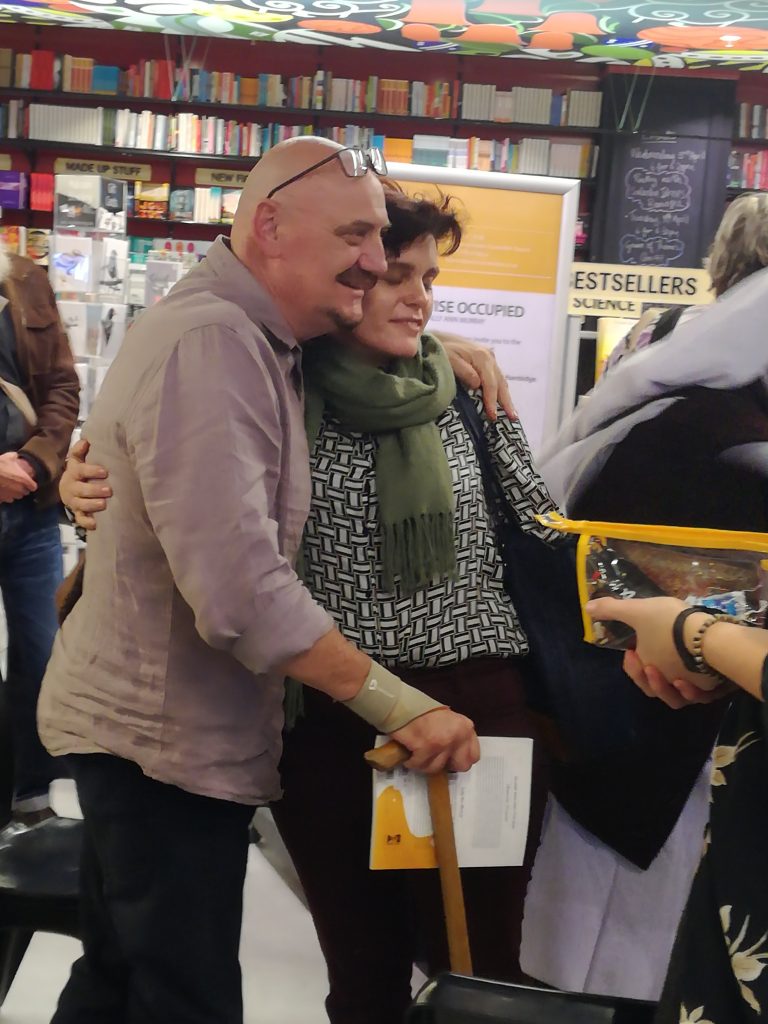
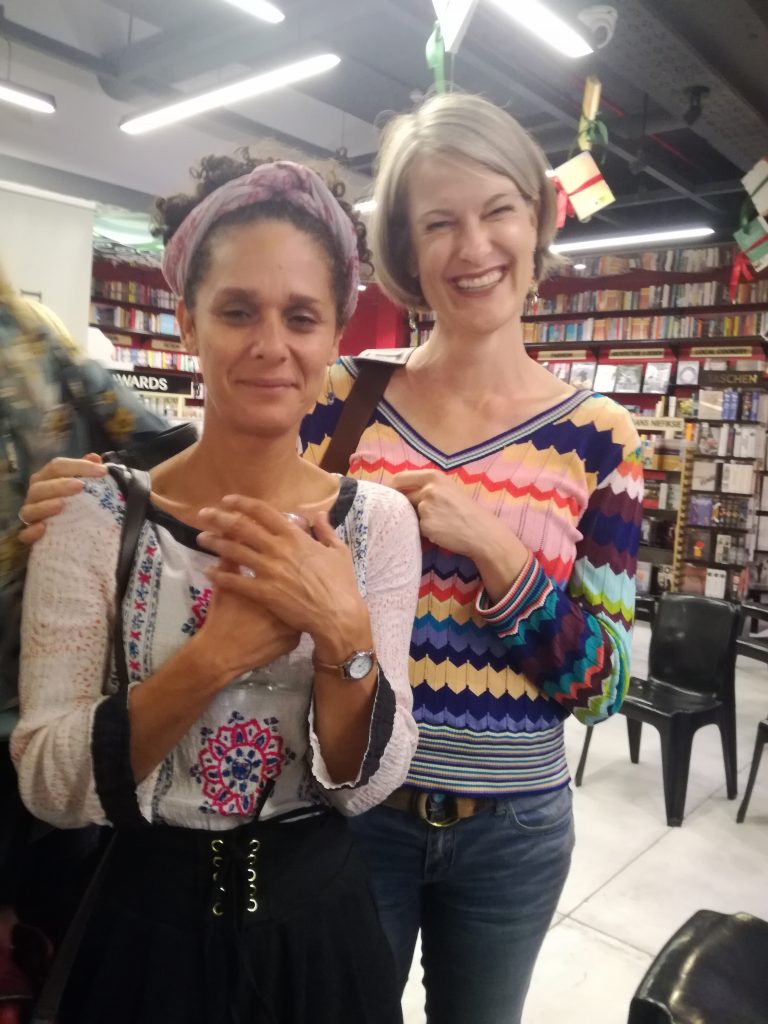
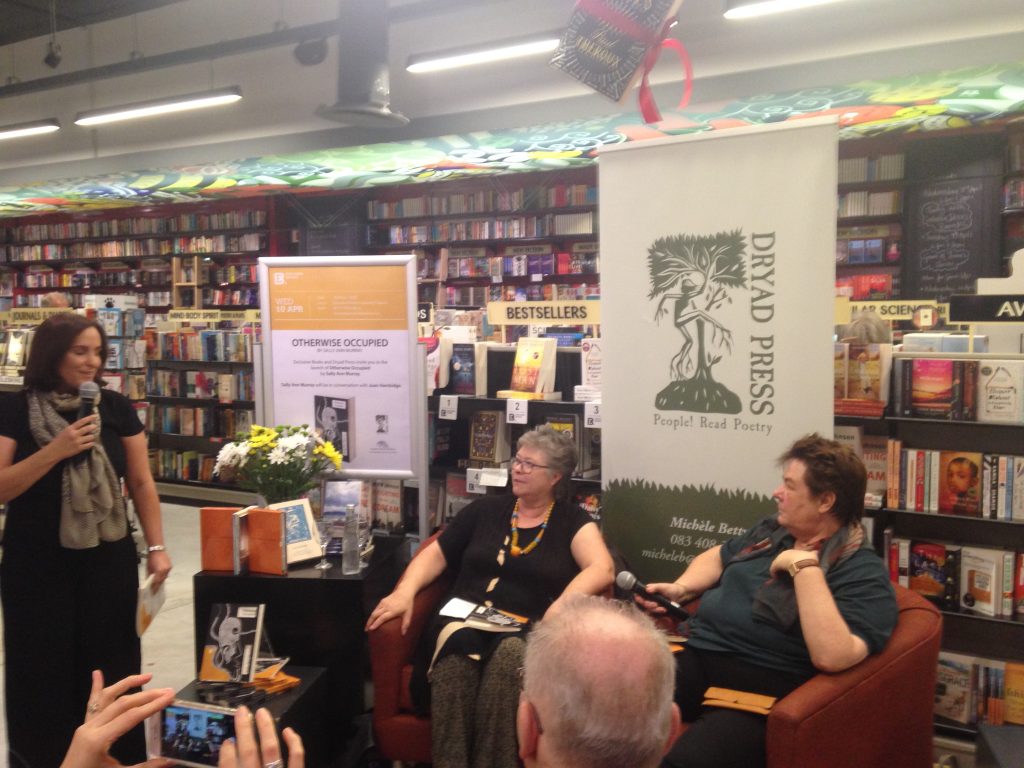
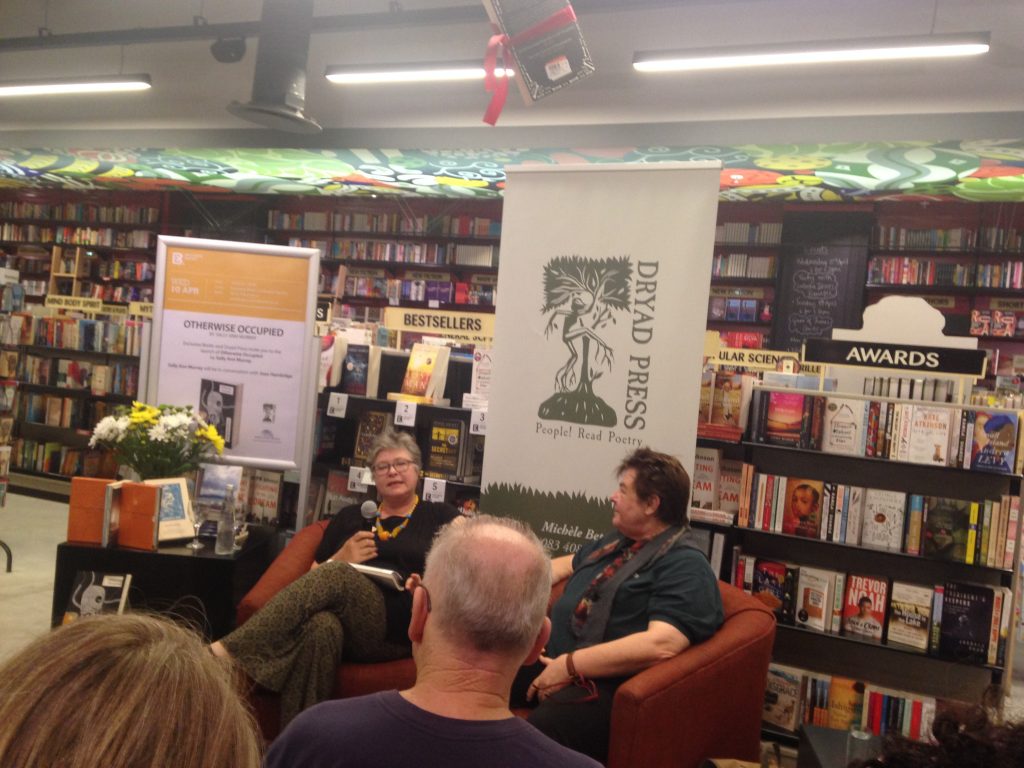
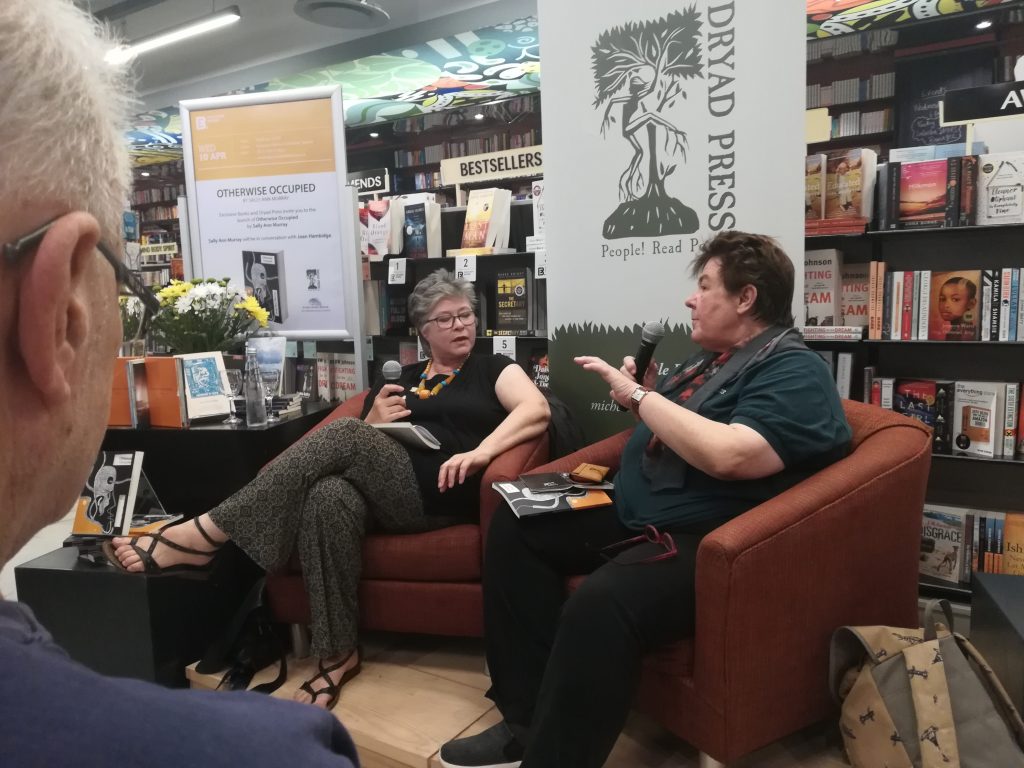
Joan Hambidge’s conversation with Sally-Ann offered insights on her process and views on poetry, some of which follow below.
How does she juggle the roles of mother, wife, head of department, academic, poet and novelist? To this, Sally-Ann responded that it would be a mistake to think she could do it all, and added that she honours her creativity by being a list-maker and box-ticker in the pursuit of deadlines.
Does her preference lie more with poetry or with writing novels? Initial aspirations were towards poetry, but she later came to the view that creativity ought to be freed, that intellectual creativity and intellectual rigor are not mutually exclusive.
Influences? Always indirect, but she is mostly influenced by female experimentalists who bring conceptual innovation into play with affective voicing: Anne Carson, Denise Riley, Kathleen Fraser, Lyn Heijinian…
Poetry as testimonial? There is never direct correspondence between the the poem and the poet’s life. Sally-Ann’s poetry reacts to traditional confessional poetry, but she anyway thinks ‘confessional poetry’ is a misnomer.
The conversation also veered to how insomnia can be a perversely regenerative space, during which Sally-Ann performs any number of non-academic activities, including sewing dishcloths out of fabulous fabric, or reading until she sleeps.
